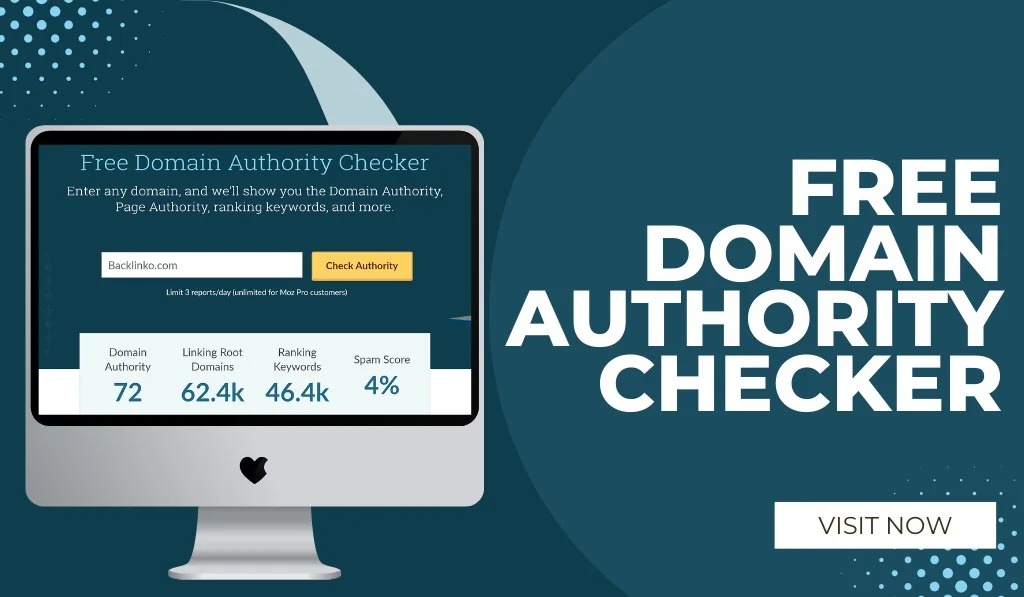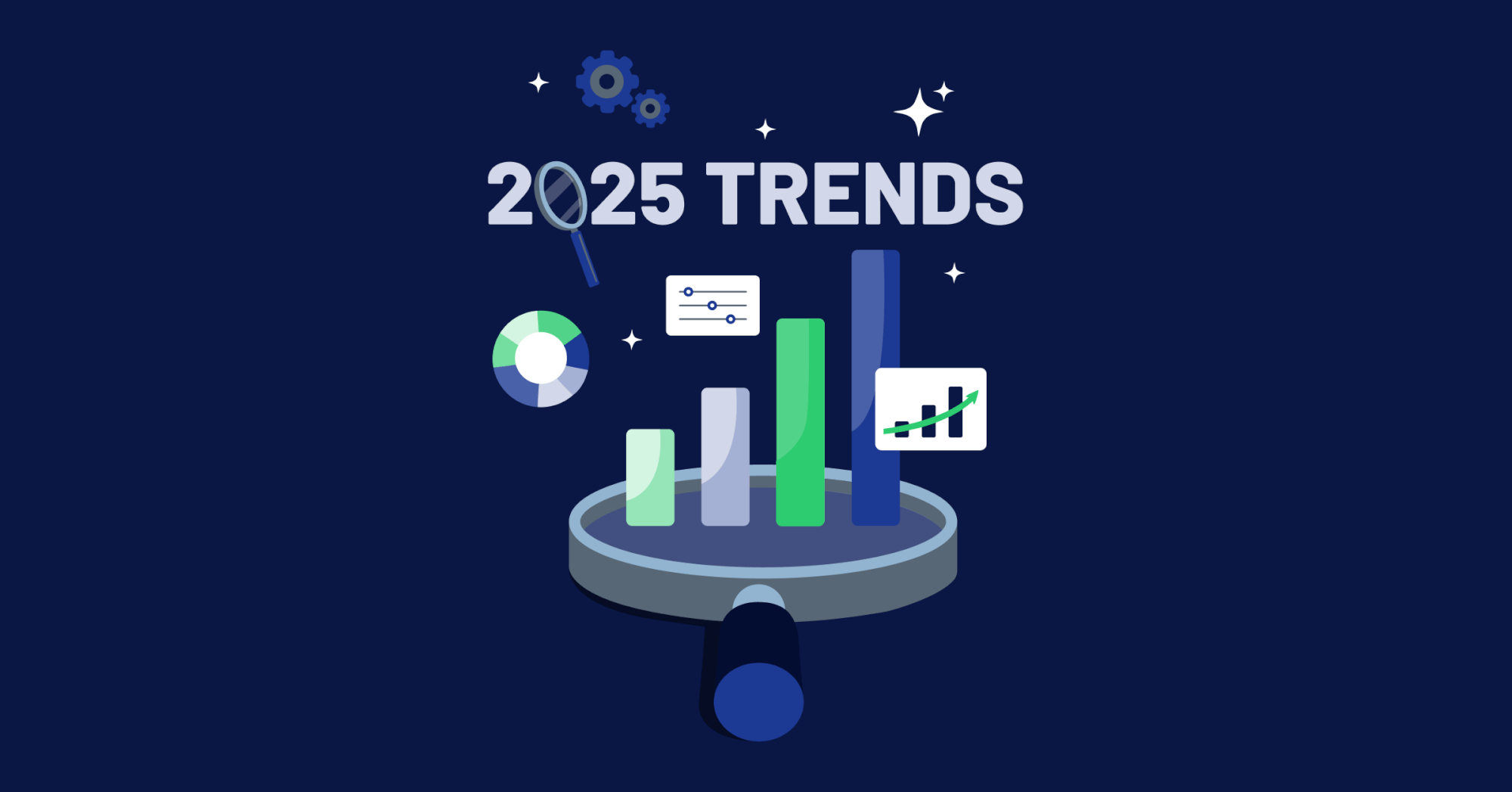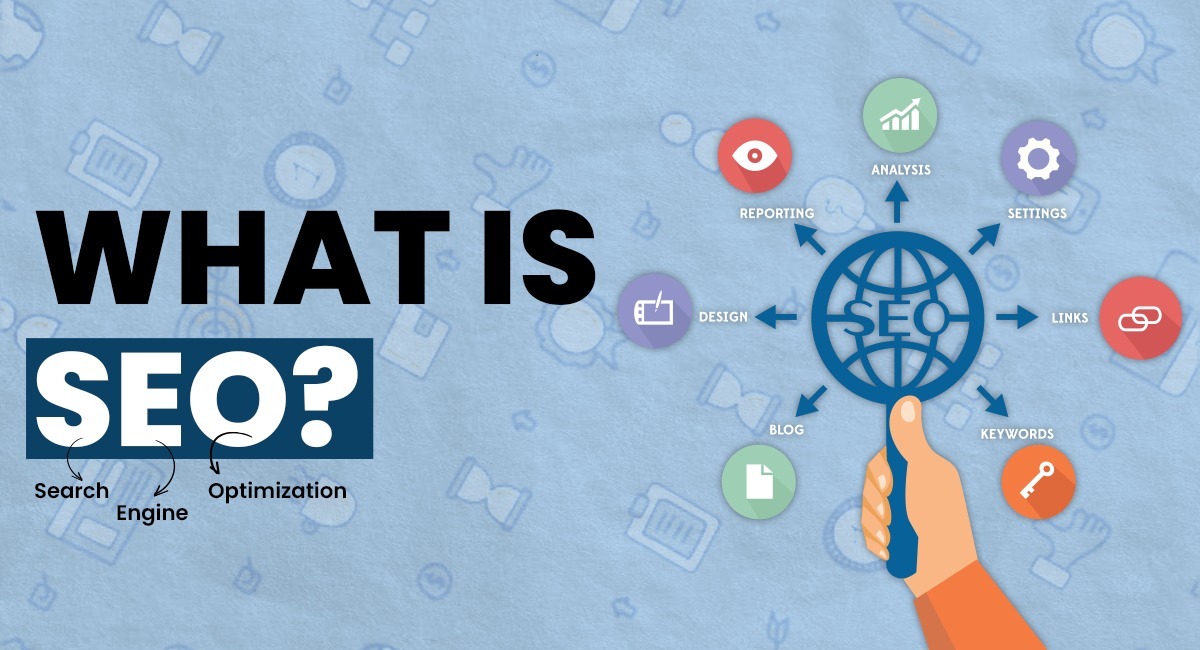In search engine optimization (SEO), Domain Authority (DA) has been used to determine the quality and credibility of a website. DA was first introduced by Moz and is used to estimate how high a website will appear in search engine results pages (SERPs). Aiming to offer services to businesses and marketers, you’ll find many free programs claiming to give a website’s Domain Authority score (or a rough estimate of it). But how accurate are these freebies? Are they actually trustworthy enough to give us useful information, or are they just copies of paid premium versions?
Here’s an in-depth analysis of free Domain Authority tools’ validity and precision in this article. The way we break down the drivers of DA, how they operate and how they stack up against the paid tools is our hope to give you a straight talk. You are an SEO professional or a small business owner, so knowing what each tool does and doesn’t do will help you choose the right option for your digital marketing.
Understanding Domain Authority (DA)
Domain Authority (DA): Domain Authority is a ranking factor created by Moz that ranks a website on a 1-100 scale. High scores means more valuable websites and greater ranked. Moz assigns this score based on a number of variables such as the linking root domains, the quality of inbound links, and the whole design of a site’s link profile. The DA sites are typically eminent in their niches so this stat can be quickly used to establish market standing.
In digital marketers’ eyes, DA is the new keyword for SEO optimization. It isn’t a Google ranking factor but many use it as a good proxy for the ability of a website to rank in organic search results. But always keep in mind that DA is an comparative measure — you only really use it if you’re tracking your competitor in the same industry. This distinction also helps explain why it’s so important to have DA calculation tools that are reliable.
To know about DA is to know where it stops. First of all, DA does not stand still; it changes according to algorithm changes, your link profile, or your competition. And also DA is prone to mischaracterize small websites which may be very good but lack backlink profile. And so using only DA to measure success is false.
This is where tools to calculate DA come into the picture. Moz’s own algorithms are the best but there are tons of free tools out there that attempt to duplicate or guess DA scores. What’s left to be seen is, will these other measures measure such a complex and data intensive metric? Answering that question is a must, if you’re going to have any sense of how these tools work and from where their data comes.
Free Domain Authority Tools :- How Does It Work?
Free Domain Authority toolkits try to estimate DA score of a website on the basis of open data. These are commonly based on hacked algorithms and smaller link datasets to compute measures such as backlink profiles, linking root domains, and spam scores. Tools such as Moz Free DA Checker, for example, let you put in a URL and get a rough DA score.
But most free tools are not fully inclusive of Moz’s huge datasets and proprietary algorithms. Free tools are often built for speed rather than precision, and are better suited for general check-ins than deeper investigations. This restriction is very important to know for the users using these tools for making strategic SEO choices.
Among the factors which determine free DA tool performance is size and quality of their backlink databases. Moz DA statistic is driven by its Link Explorer database with billions of links. The free alternatives tend to use smaller or less frequently curated link repositories, which may lead to incoherent or wrong scores.
A third constraint is the absence of filters or reports to refine your results with free tools. The premium version comes with a powerful analysis module (Moz Check DA) but free tools are typically reduced editions with less. Even with these flaws, free tools are popular for small businesses or newcomers who don’t want to dive too deep into SEO.
Comparison between Free Tools and Paid Tools.
If you’re in search of free Domain Authority tools vs. paid ones, you can see how accurate and functional they are. Paid tools such as Moz Pro, Ahrefs or SEMrush are a bit more sophisticated and they include things like keyword research, backlink monitoring and traffic estimation. Such programs also access larger databases, so DA is more accurate and comprehensively calculated.
In contrast, free services typically only give you a quick snapshot of DA that’s good for spot checks, but not so great for planning. You might be able to see a small sample of a website’s authority from a free Moz Check DA tool, but nothing compares to the quality and depth of a paid one. This is the main distinction when users try to pick free or paid.
Free tools don’t even have other metrics and information to go along with DA. Paid-for instruments, for instance, might provide information such as Domain Rating (DR) or Trust Flow, that can give a more subtle impression of the authority of a website. The use of free DA tools alone can make you only a half-measured on a site’s SEO status without such supporting indicators.
Plus, paid tools usually come with regular updates and customer service so you will never miss out on new data and troubleshooting support. Free tools are, on the other hand, more pre-made and unsupported, making them less flexible in the SEO world. This disparity is one reason why paid solutions should be a good investment for any company with a solid SEO strategy.
Free Domain Authority Tools’ Reliability Cons of Free Domain Authority Tools.
The biggest drawback of the free Domain Authority tools is that they are based on smaller and old datasets. While paid tools such as Moz tend to keep their link indices up to date, free alternatives run on ineffective systems. This is not accurate as websites with fast-changing link profiles are at risk of this discrepancy.
What’s more, open-source tools are often opaque about how they are being used. You never really know how the tool got to a given score and that makes you not confident in the quality of the tool. A free Moz Free DA Checker, for instance, could just give a number and then don’t say whether it takes into account spam links or if there has been a shift in the market.
The other limitation is the integration support in free tools. Most paid services let you link your DA report with other SEO features such as content optimization or keyword monitoring. Free tools are typically one-shot programs with limited functionality and a lot of platform confusion.
Third, there is always a limit on how many queries you can run per day with free tools, or how much of this data you can analyze at scale. This is a real limitation for businesses who want to examine several different areas or analyse performance. Free tools do exist, but by realizing these limitations, users can get on the right side of the data and not overthink things.
Who Can Benefit From Free Domain Authority Tools?
The Free Domain Authority tools are great for someone just starting out, or a business owner, or just a layperson who needs to have a quick look at how a website is running without buying a subscription. These tools can be used to get a general idea about the function of DA and trends of site SEO health. By way of example, by employing a free Moz Check DA tool, one can get a better idea of how competitive their sector is in relation to other competitors.
But these are not tools that are meant for advanced analysis or professional SEO reviews. They do not have the feature set and granularity to analyse competitors, create links or keep track of specific performance. Free tools are a great start for people or businesses on a budget but they should only be a foundation not a final solution.
It’s also handy to test or verify small tweaks to your SEO plan with free tools. For instance, if you’ve updated your site or acquired some new backlinks, then a DA check with a free tool is an immediate indication. But for larger decisions like the upcoming content marketing campaign or going into an industry where nothing but free tools can help you get the wrong information.
Lastly, free Domain Authority tools are meant only for certain use cases and not for high level accuracy or comprehensive reporting. They can be understood and used properly within the user’s wider SEO plan once they understand their function and constraints.
The End Game: Do Free Tools Make Sense?
Free Domain Authority tools also belong in the SEO space and they are convenient and accessible to those who cannot afford to pay. These are all very useful tools for personal analysis but lack in precision, depth, and capability to work on an enterprise or massive SEO projects.
For users who want exact, useful data they can use the professional tools such as Moz Pro, Ahrefs, or SEMrush. The databases and sophistication of paid tools is many times better than the free versions. However, for a new user or small-scale business, free tools can still be a budget-friendly option to start DA analysis.
In the end, it is up to you whether you would prefer to use free or paid Domain Authority tools based on your objectives and requirements. Free tools such as the Moz Free DA Checker are a place to start but they shouldn’t be the only place you want to look for SEO information. For serious marketers and enterprises, combining free tools with paid ones can strike the right price/feature match.
Knowledge of the advantages and disadvantages of free Domain Authority tools lets users make the right choice. If you are careful with these tools, then you can get a better SEO approach than relying too heavily on incomplete or potentially unreliable data.
Conclusion
Domain Authority is still one of the most important indicators in SEO but to calculate it you need algorithms and a lot of data. Free tools are an easy entry point but are constrained by inaccuracy and smaller data sets. They’re fine for off-the-wall analysis but, for businesses looking to grow longterm, you’d want premium products. With a thorough knowledge of what free DA tools are good and bad at, you can benefit from these and stay safe.




